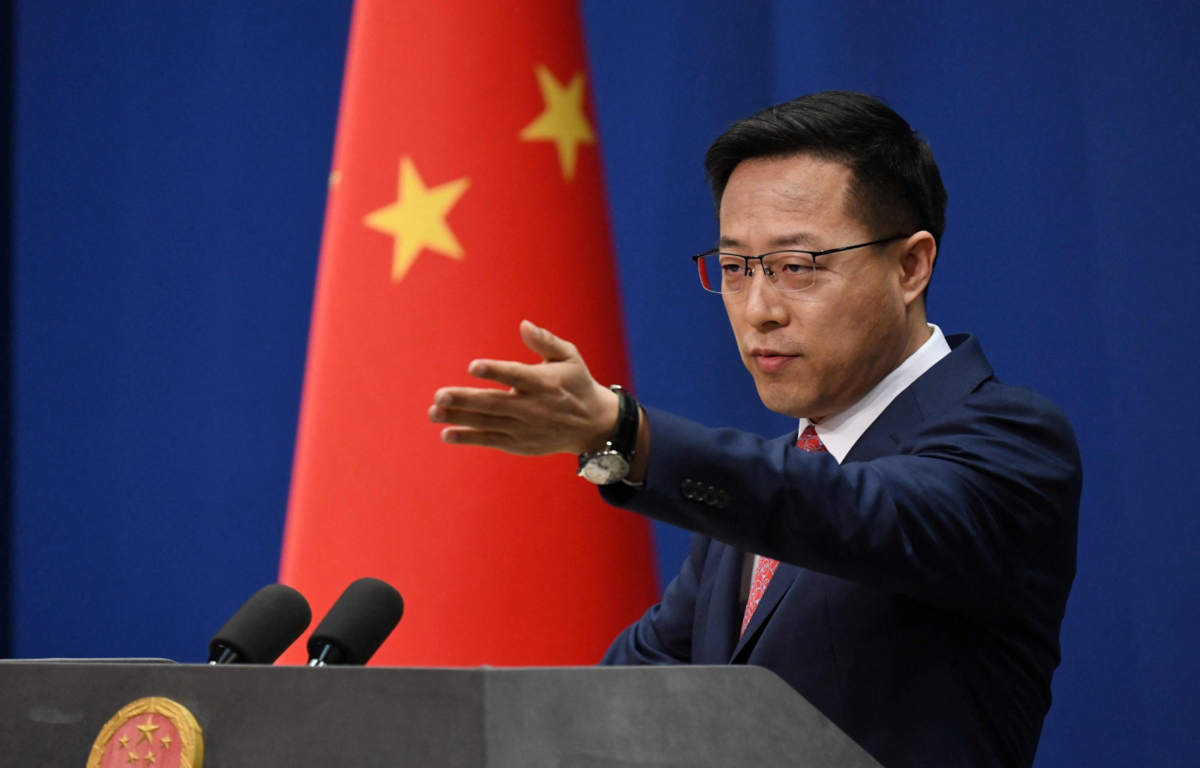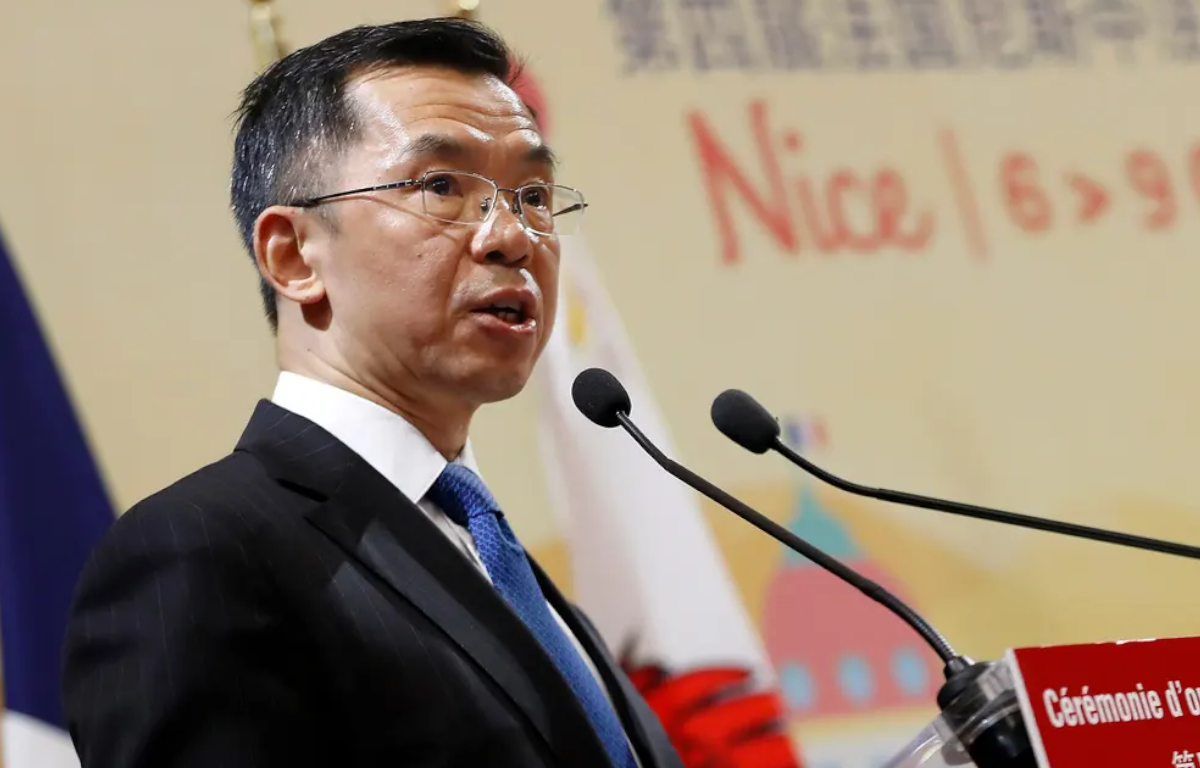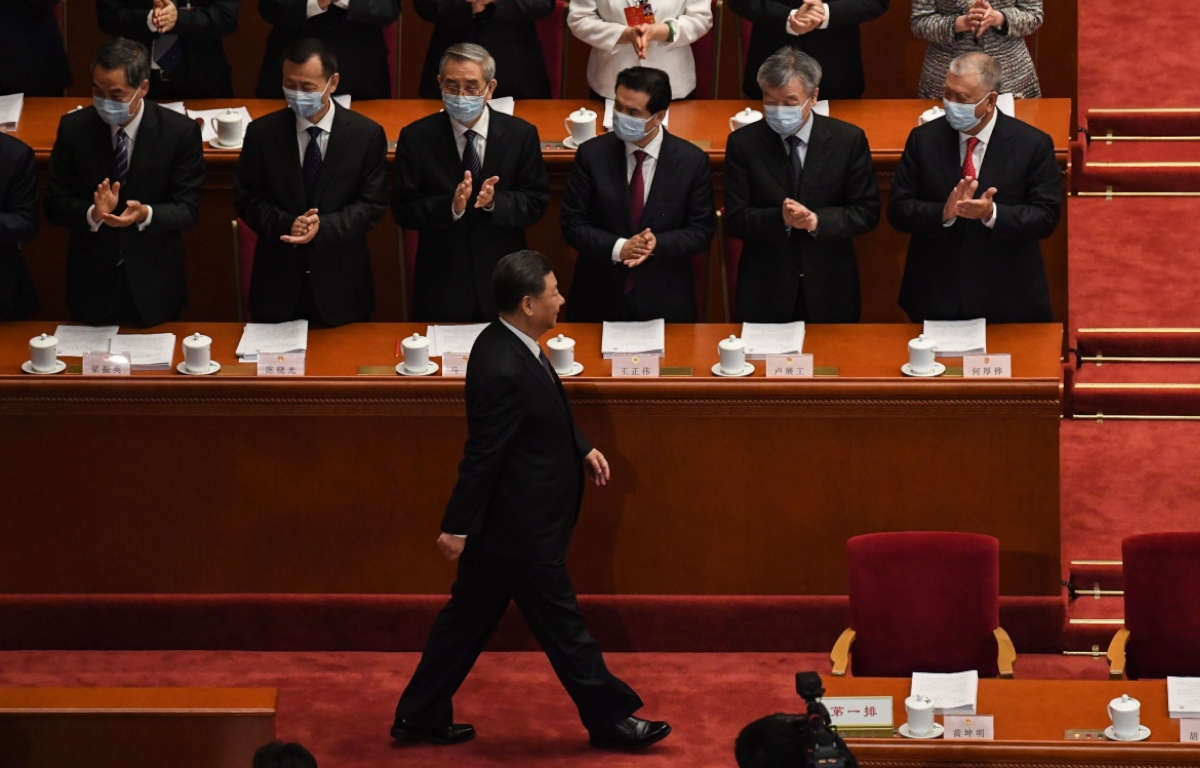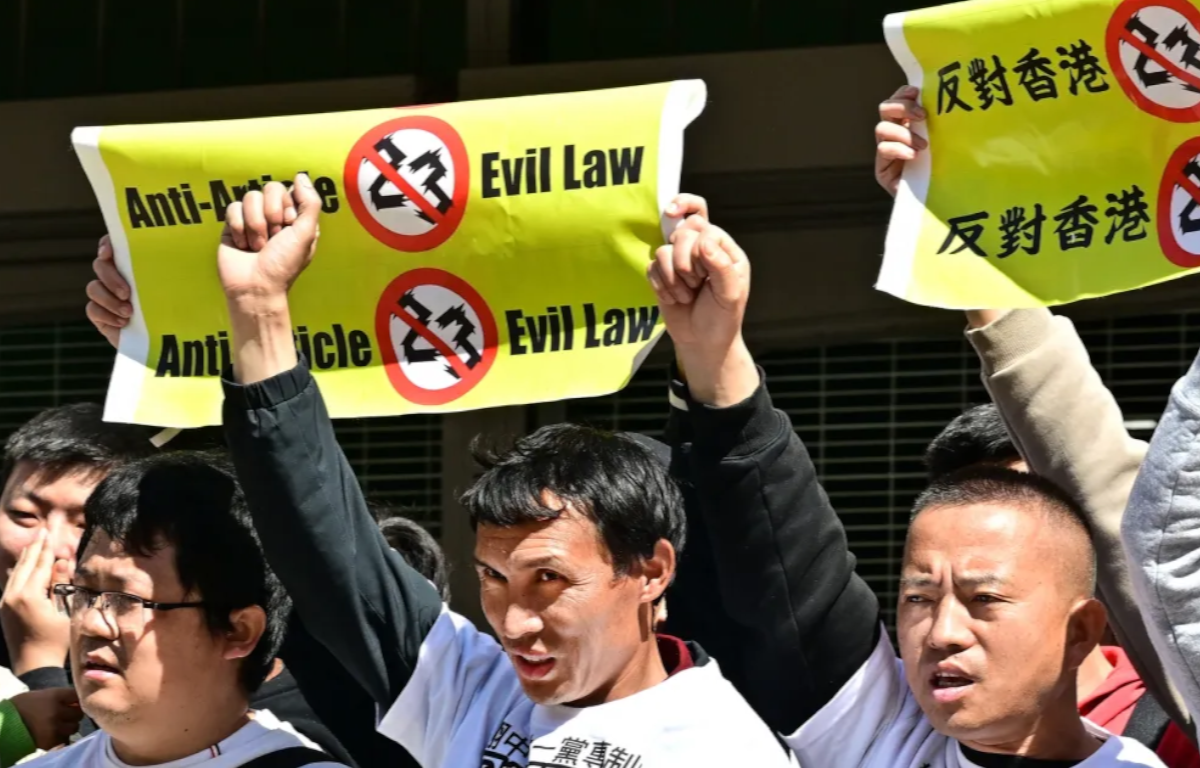
While hip-hop and rap music have traditionally been associated with Western cultures, they have found a unique home in China. Communist rappers are a subversive and intriguing force within this genre, using their music to convey social and political messages aligned with the Chinese Communist Party (CCP) ideology. At a time when the government is actively promoting “positive energy” and “core socialist values,” these artists offer an alternative perspective.
Communist rappers use their lyrics to address issues like social inequality, labor rights, and the role of the government in Chinese society. They also advocate for national pride and unity. In a society where freedom of expression is limited, their approach is often indirect and metaphorical. They create thought-provoking content that encourages listeners to think critically about their society and government.
Surprisingly, the Chinese government has not clamped down on this genre as it has with other forms of cultural expression. In fact, some Communist rappers have gained official recognition and support. The government seems to view this as a way to connect with the younger generation and channel their frustrations and aspirations into more “patriotic” endeavors.
However, there is a fine line between promoting government-approved messages and pushing the boundaries of what is acceptable. Many artists have faced censorship, with their music being banned or altered to fit official guidelines. This dynamic demonstrates the delicate dance between artistic expression and state control in China.
One reason for the popularity of Communist rap among Chinese youth is its relatability. The lyrics often touch on the challenges faced by young people in China, from educational pressures to job market competitiveness. By addressing these concerns within a framework of national pride and socialist values, these artists resonate with a segment of the population that feels the weight of societal expectations.
While it’s unclear how much of an impact Communist rappers will have on broader social change in China, they undoubtedly represent a unique form of cultural expression. Their music opens up dialogues about the role of the government, the aspirations of the youth, and the complex interplay between art and politics in a country where censorship and control are the norm.










Share this: